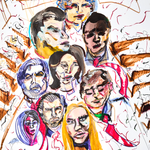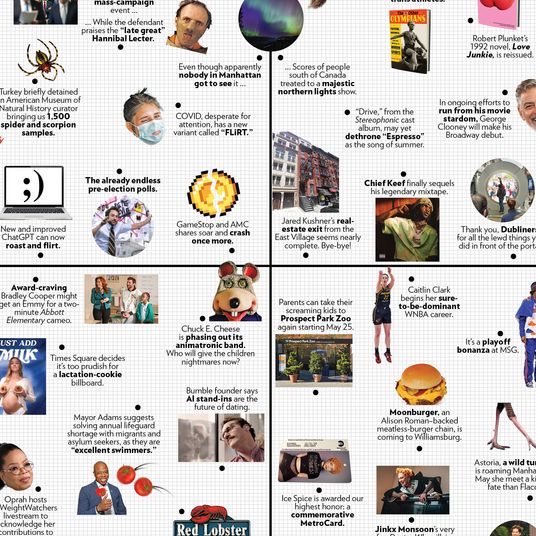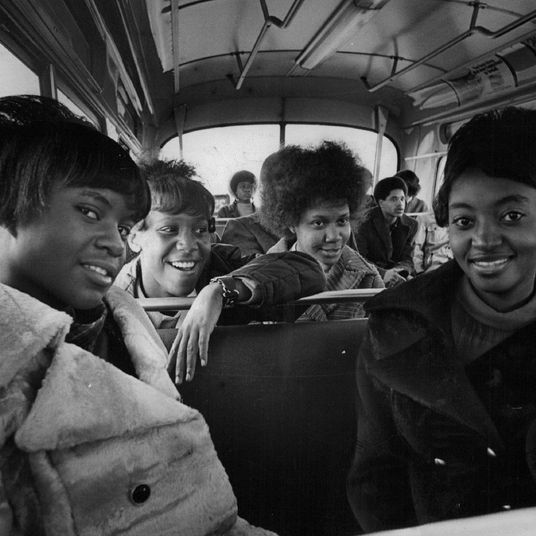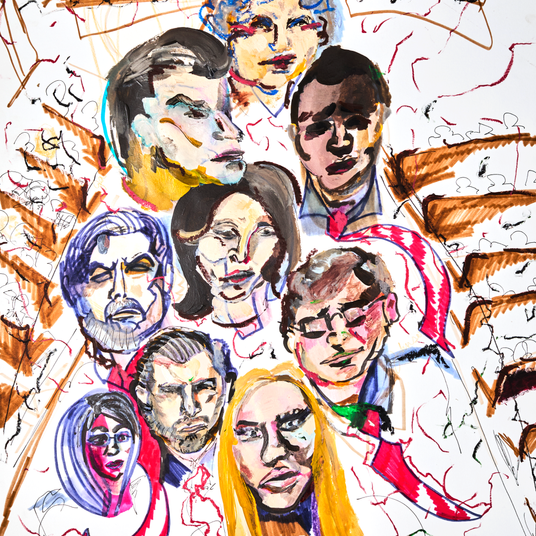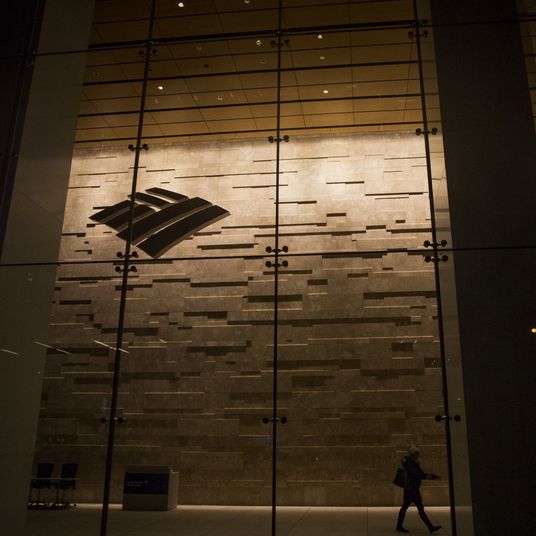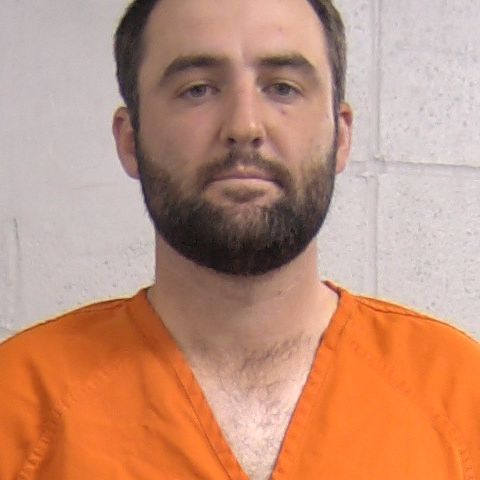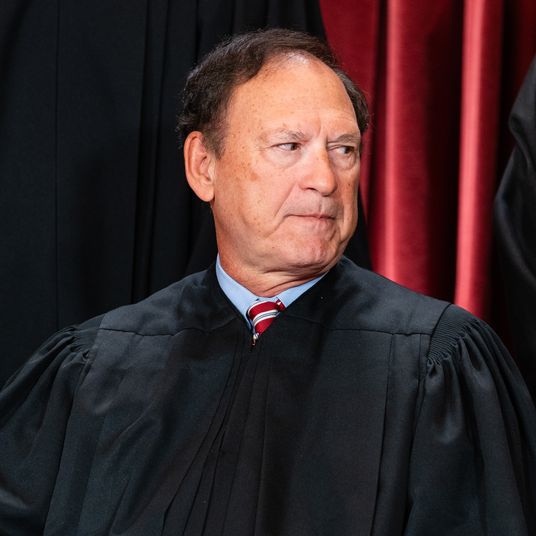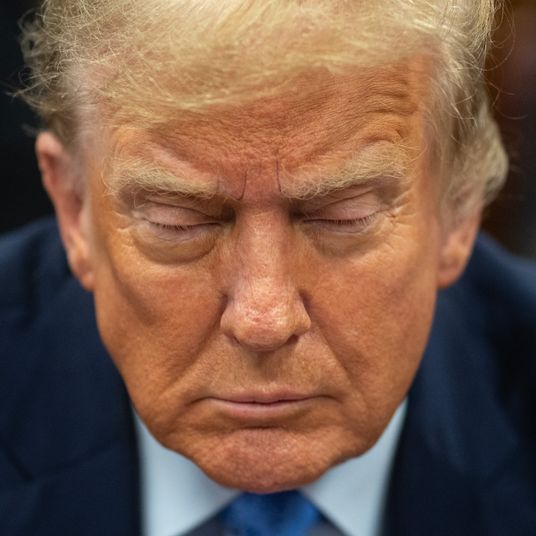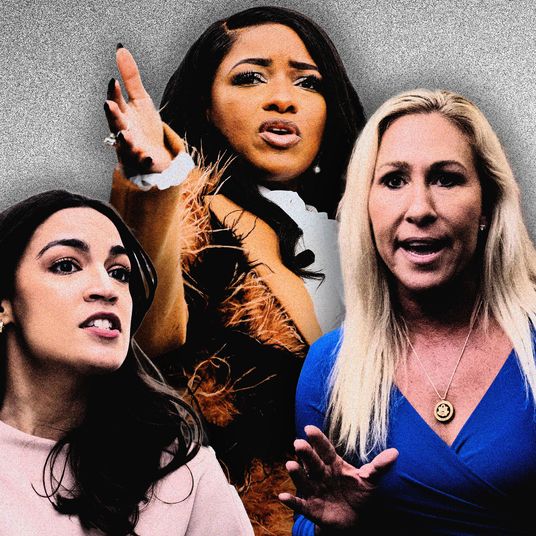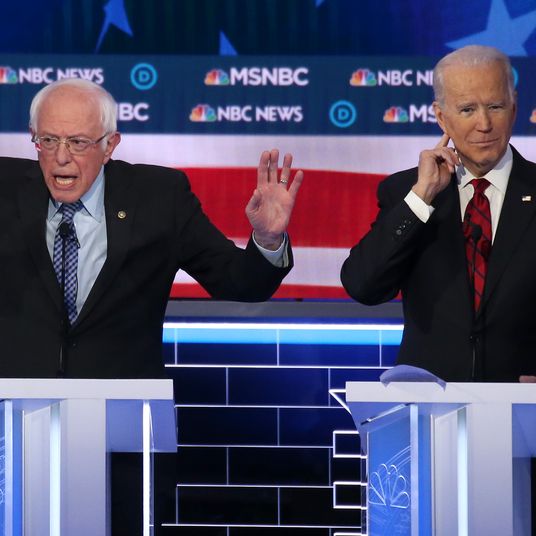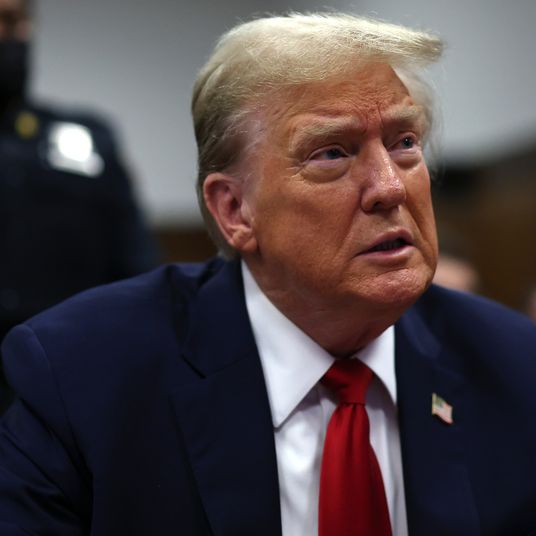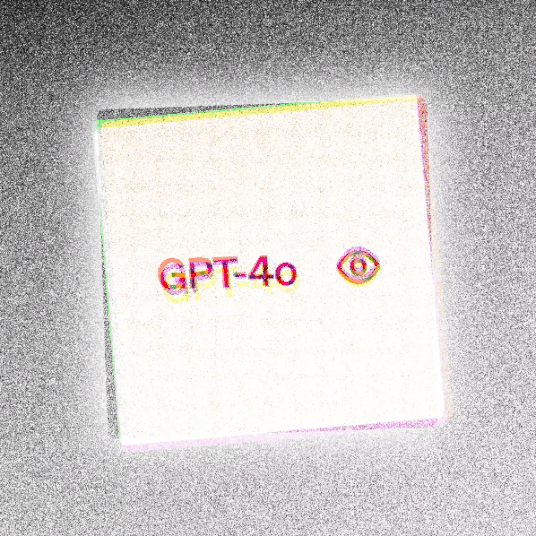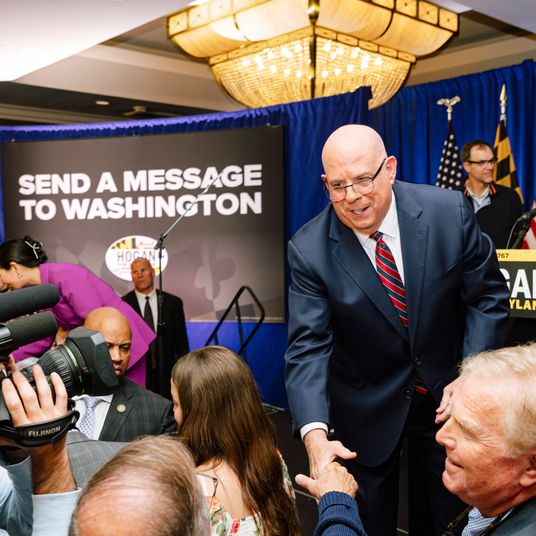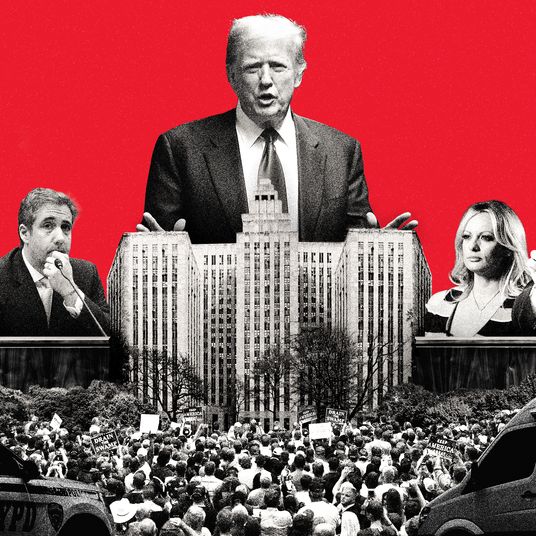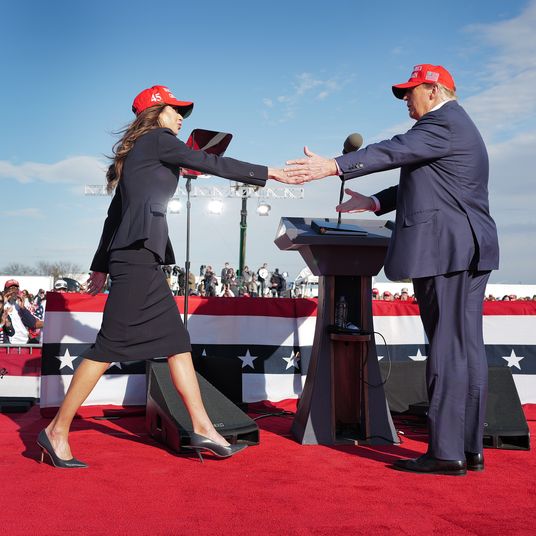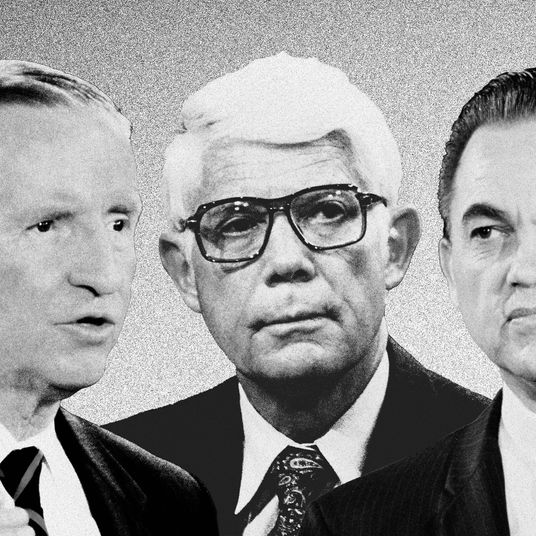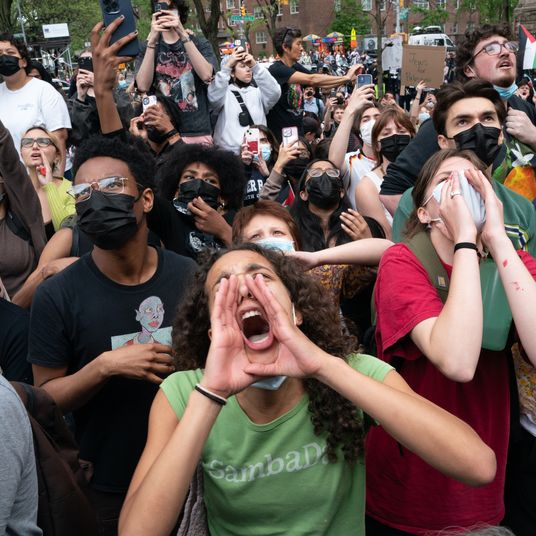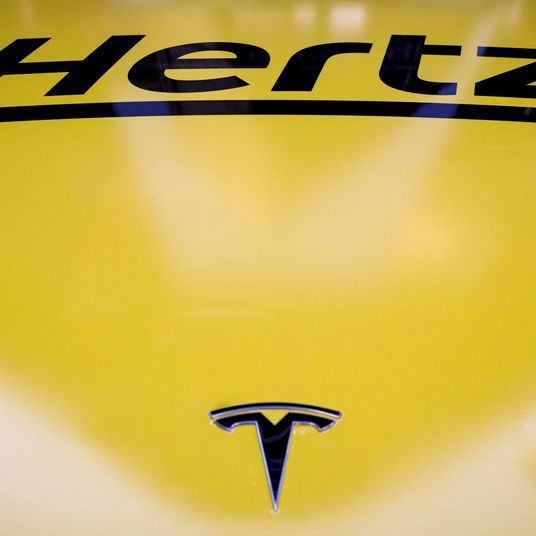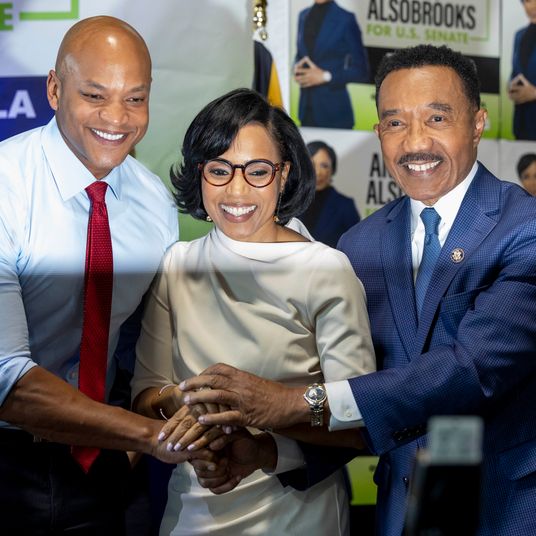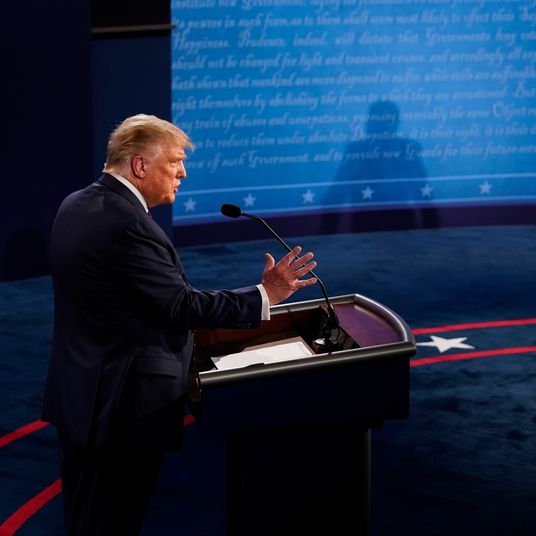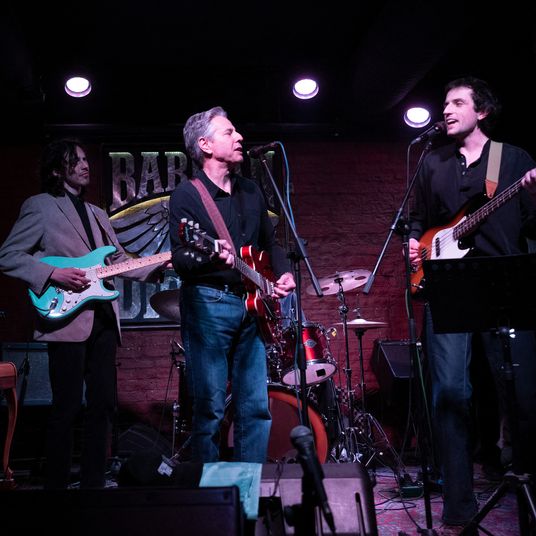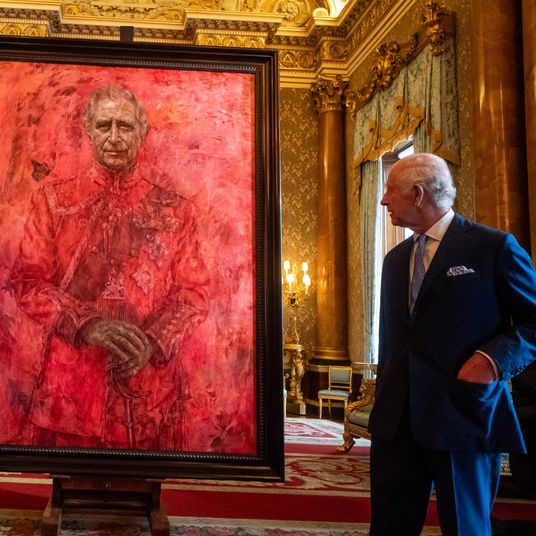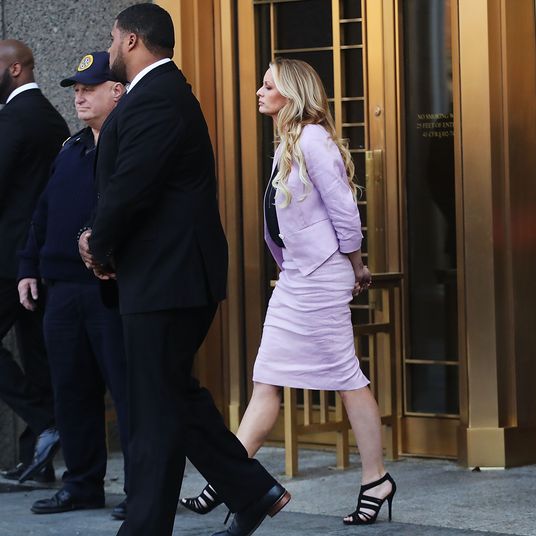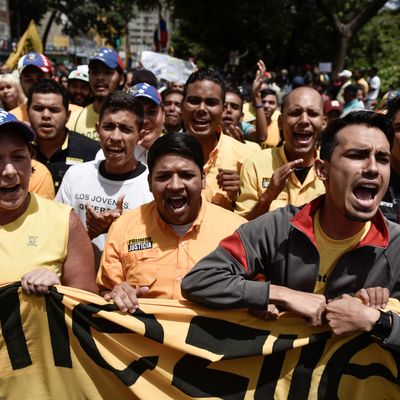
Venezuela is mired in a years-long economic free fall that has killed a lot of people, and which is in the process of killing a lot more. Last week, the humanitarian catastrophe there got one of its darkest twists yet: The government of president Nicolás Maduro has, in a new decree, paved the way for the conscription of the nation’s citizens into forced labor.
The decree “establishes that people working in public and private companies can be called upon to join state-sponsored organizations specializ[ing] in the production of food,” explained Amnesty International last week. “They will be made to work in the new companies temporarily for a minimum of 60 days after which their ‘contracts’ will be automatically renewed for an extra 60-day period or they will be allowed to go back to their original jobs.”
This is just the latest in the Maduro government’s many ill-conceived attempts to slow down an economic collapse unlike what is usually seen in middle-income countries. And it would be a bit of an oversimplification to blame the catastrophe only on socialism qua socialism. Rather, as the journalists Moisés Naím and Francisco Toro wrote in The Atlantic in May — Naím, a former World Bank director, was also at one point Venezuela’s Minister of Trade and Industry, while Toro is also a Venezuelan political scientist — it’s Maduro’s particular brand of socialism, which fuses bad economic ideas with a distinctive brand of strongman bullying, and which was handed down to him by Venezuela’s deceased former president Hugo Chavez, that is largely to blame:
It’s not that the country lacked money. Sitting atop the world’s largest reserves of oil at the tail end of a frenzied oil boom, the government led first by Chavez and, since 2013, by Maduro, received over a trillion dollars in oil revenues over the last 17 years. It faced virtually no institutional constraints on how to spend that unprecedented bonanza. It’s true that oil prices have since fallen—a risk many people foresaw, and one that the government made no provision for—but that can hardly explain what’s happened: Venezuela’s garish implosion began well before the price of oil plummeted. Back in 2014, when oil was still trading north of $100 per barrel, Venezuelans were already facing acute shortages of basic things like bread or toiletries.
The real culprit is chavismo, the ruling philosophy named for Chavez and carried forward by Maduro, and its truly breathtaking propensity for mismanagement (the government plowed state money arbitrarily into foolish investments); institutional destruction (as Chavez and then Maduro became more authoritarian and crippled the country’s democratic institutions); nonsense policy-making (like price and currency controls); and plain thievery (as corruption has proliferated among unaccountable officials and their friends and families).
The results have been catastrophic. Babies are dying for want of medicine and medical supplies freely available in countries with similar levels of wealth; starvation (of both people and zoo animals) and blackouts are rampant; Caracas, never one of the safer world capitals, is facing a murder epidemic. All the while, Maduro and his government have shown zero sign of being able to pull the country up from its nosedive, and have at times been distracted by other stuff, anyway. To take one example from the Atlantic article:
While Venezuelans were dying for lack of simple, inexpensive pills, their radical socialist government was spending tens of millions a year to keep a native son, Pastor Maldonado, competing in the Formula 1 global auto-racing circuit. You could be forgiven for not having heard of Maldonado—a mediocre driver who managed to win a single race in five years in the sport. Still, Venezuela’s state-owned oil company, PDVSA, spent some $45 million each year to keep Maldonado racing under its logo. Why an oil company without a retail arm and with monopoly rights to Venezuelan oil needs to advertise in the first place was never clear.
Yet Maldonado, whose habit of crashing in race after race earned him the nickname “Crashtor,” was only forced out of the F1 circuit this year, when PDVSA, hit by the oil crash, failed to come up with the sponsorship money.
When Maduro has taken action, it’s been in ways that seem designed to maximize the consolidation of his own power and the potential for graft. In May, for example, the AFP reported that he “announced a sweeping crackdown Saturday under a new emergency decree, ordering the seizure of paralyzed factories, the arrest of their owners and military exercises to counter alleged foreign threats.”
Now, Maduro appears to be setting up a system in which his people will effectively be slaves of the state. “Trying to tackle Venezuela’s severe food shortages by forcing people to work the fields is like trying to fix a broken leg with a Band-Aid,” said Erika Guevara Rosas, Americas Director at Amnesty International. Instead, Rosas said, Maduro should focus on getting humanitarian aid from outside the country to as many of Venezuela’s starving and dying citizens as possible.
Maduro hasn’t shown much appetite for that plan, though: Fusion reported in June that his government “has denied several attempts by NGOs and opposition groups to bring humanitarian aid into the country, opting instead to import medicine from political allies such as the Chinese government.” At the time, “100 tons of basic supplies such as gloves and syringes … [were] currently stuck in warehouses in foreign cities due to a lack of proper import permits from the Venezuelan government.”
It probably shouldn’t come as a surprise that an attempt to recall Maduro appears to be picking up steam.


